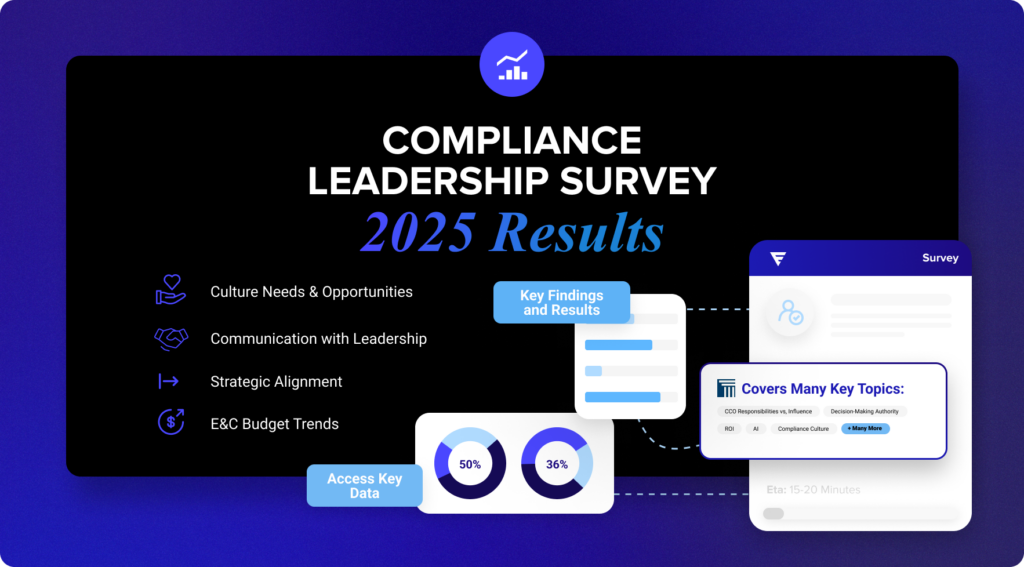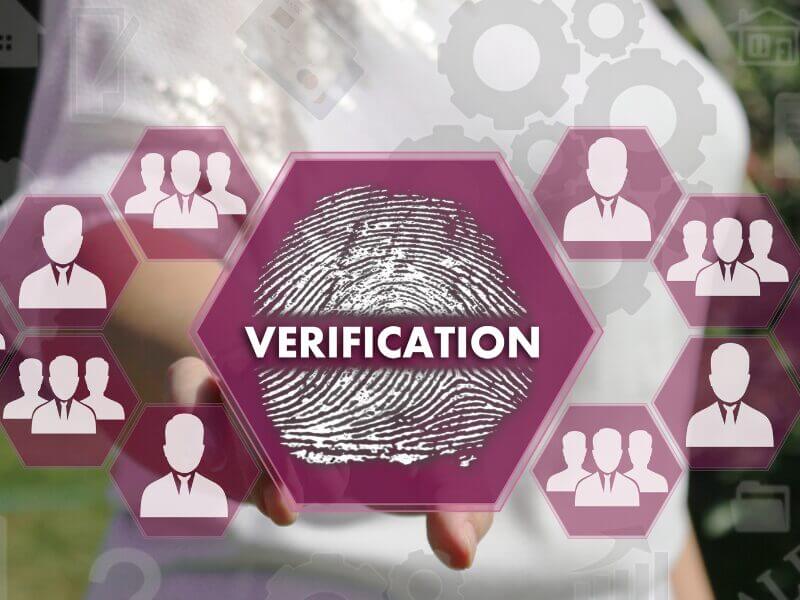Successful Implementation of an Ethics Hotline in a Multinational Corporation


Employees today are more likely to report an issue than those who worked within organizations a few years ago, surveys suggest. As a result, the number of reports submitted via ethics hotlines has increased.
Ethics hotlines reinforce a culture of accountability that can potentially lead to more engaged, happier employees. To make the most of such a communication tool, however, you have to make sure that implementation follows some of the best practices within the realm.
Multinational corporations pose a distinct set of challenges that have to be addressed for an ethics hotline to be successful and effective.
Main Challenges of Implementing an Ethics Hotline in a Multinational Corporation
Navigating a diversified ethical landscape is probably the biggest challenge of setting up such a hotline within a multinational organization.
A few of the biggest issues that have to be taken in account when doing implementation include:
- Getting all employees to understand the importance of ethics and compliance, regardless of their cultural background
- Obtaining support from top management across the organizational network, making sure everyone is on the same page
- Tailoring the ethics and compliance program to global employees
- Meeting local expectations for social corporate responsibility
- Ensuring the use of the right program metrics
In other words, decisions made within multinational organizations have to account for national laws and cultural specifics. Accomplishing all those goals simultaneously is far from a simple task, especially if we’re taking a look at a massive structure that employs thousands of people across the globe.
The Steps for Successful Implementation of a Multinational Ethics Hotline
Work begins long before the implementation of the actual ethics hotline itself. Having a culture of openness and accountability that’s properly explained and tailored to the needs of each unit within the organization will be the first prerequisite for success.
Work on a culture of accountability should encompass a long period of time – it’s not a goal you can accomplish in a couple of months. While working on that aspect of organizational change, you can begin introducing the following hotline implementation steps:
- Have a strategy in place: what issues will the hotline aim to resolve? What types of signals will it deal with? Are you going to be accepting anonymous signals and what protocols will you have in place to handle those? Answering those questions will give you a solid foundation. It’s also a good idea to have a communication and awareness strategy in place. Your ethics hotline will only be successful if people have a good idea about what it is and what types of problems it’s going to be addressing.
- Pick the right technology: this next issue is purely technical. What types of software and hardware will you need to run the hotline successfully? For many organizations, investing in tools and programs doesn’t make financial sense (especially if their field of operation wouldn’t benefit from that purchase). Outsourcing ethics hotline operation is a much better strategic move. Not only will you get access to some of the most reliable technology in the field, your hotline will also be operated by professionals and you’ll enjoy an opportunity to scale up or down upon need.
- Focus on staff training: spreading awareness about the hotline comes next. All interested parties should be made aware that the line exists. Educating employees on its purpose and on how to make a report will additionally boost efficiency. Your program, at the very least, should focus on the reasons for the hotline’s existence, the issues it’s meant to be resolving, the ways confidentiality will be maintained, and the steps that are going to be undertaken once a report is made. Periodic training, especially on the broader concept of ethics, will be required.
- Monitoring and reporting: If you complete the previous steps successfully, you’ll be giving your international employees a tool that’s ultimately meant to make the organization better. To determine how the hotline works, however, you’ll need to monitor its performance and make adjustments accordingly. You can track various metrics to figure out if the hotline is properly aligned with your concept of corporate ethics. How many reports are submitted on a monthly basis? How many of those are anonymous? How many problem reports led to the resolution and strengthening of corporate practices? If you decide to outsource and work with professionals on the hotline implementation, you’ll be given access to such performance data and then some more.
Making Your Multinational Organization Better and Stronger: Best Practices
Adapting to different cultures and making sure everyone’s on the same page requires a of the corporations, its strengths, values, and core message.
Building a better, more sustainable multinational model requires a proactive approach in just about every aspect of operation.
Apart from making ethics and compliance reports easier to submit via a well-structured and operated hotline, you can introduce a number of other changes to ensure a well-oiled machine.
- Get local team involved: Proper representation matters, which is why you need local leadership teams to be fully committed and immersed in the ethical values of the organization. This type of involvement also demonstrates a willingness to maintain a degree of flexibility and adaptability as a core element within the organization.
- Reviewing hotline procedures regularly: national and local regulations change all the time. It’s imperative to review and update hotline procedures to ensure compliance. This task becomes a bit more challenging when you have to account for different national regulatory frameworks, which is why you should once again be counting on active input and feedback from the local teams engaged in the process.
- Make a culture of trust the focus: People should feel heard, seen, and understood within the organization. Confidentiality and the serious review of each signal need to be prioritized. Having a culture of trust in place will encourage the kind of open and honest communication that’s bound to make the organization stronger.
- Maintain meticulous documentation: Documenting processes and procedures allows for more efficiency and the elimination of redundancies or errors. The lack of proper documentation can lead to chaos, especially when multiple teams in different countries have to adhere to the same operational protocols. Maintaining meticulous documentation is important in the general context of running a corporate endeavor and it’s even more vital when sensitive issues like ethics and the setting up of a hotline are concerned.
Having an ethics reporting service in the form of a hotline gives your employees the confidence in knowing their concerns will be heard and taken seriously. Employees will feel safe and they’ll know that misconduct is going to be addressed.
For a hotline to work in a multinational environment, however, the specifics of corporate operations and the local differences will have to be taken in account. Employing some professional assistance and outsourcing the process of setting up the hotline will give you access to tools, knowledge, and resources that you may be missing in your day-to-day operations. Take some time, do your research, and be strategic. If you accomplish these goals, your ethics hotline will result in a stronger corporate culture that prioritizes trust, ethics, and employee wellbeing.





































